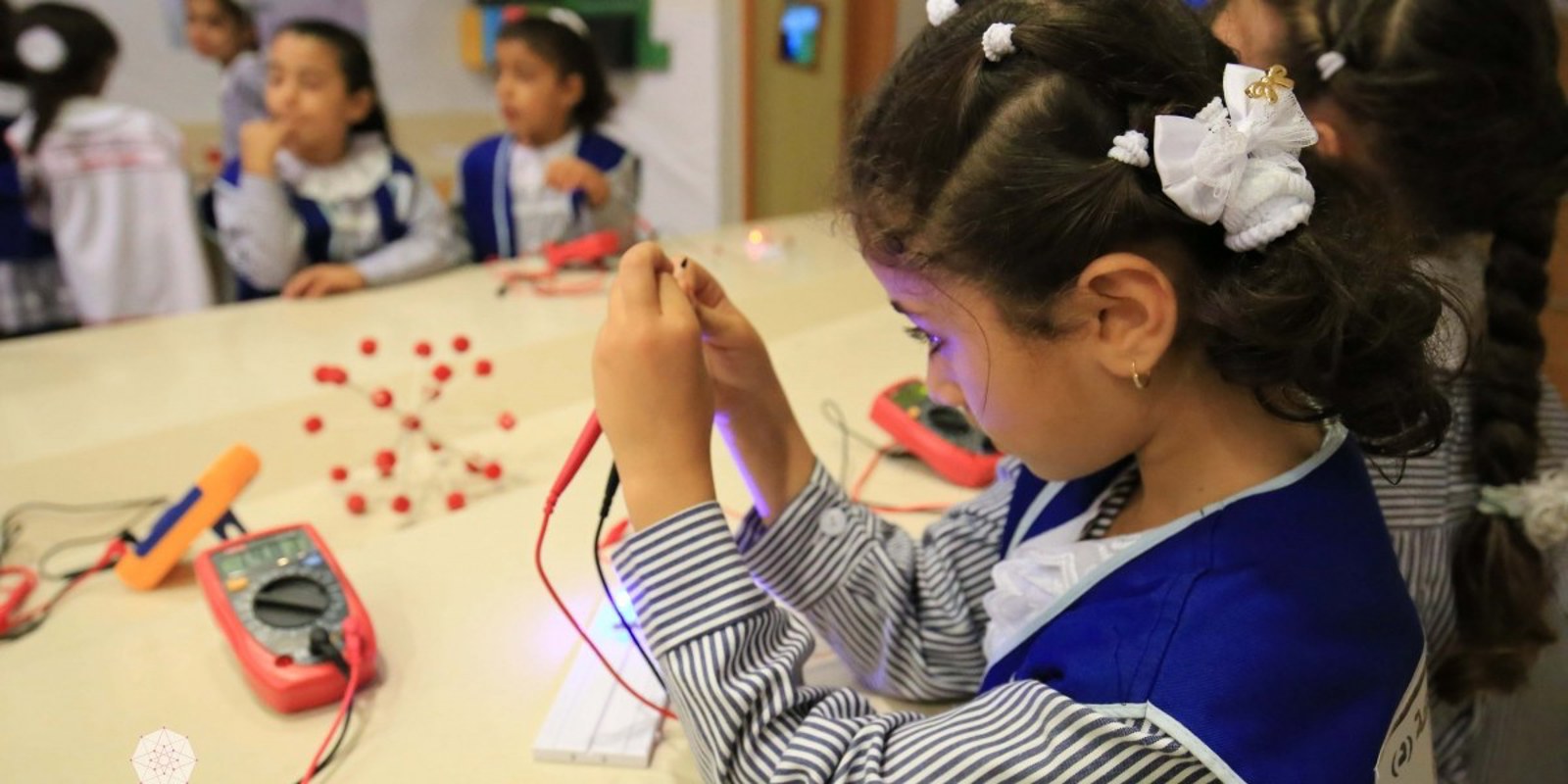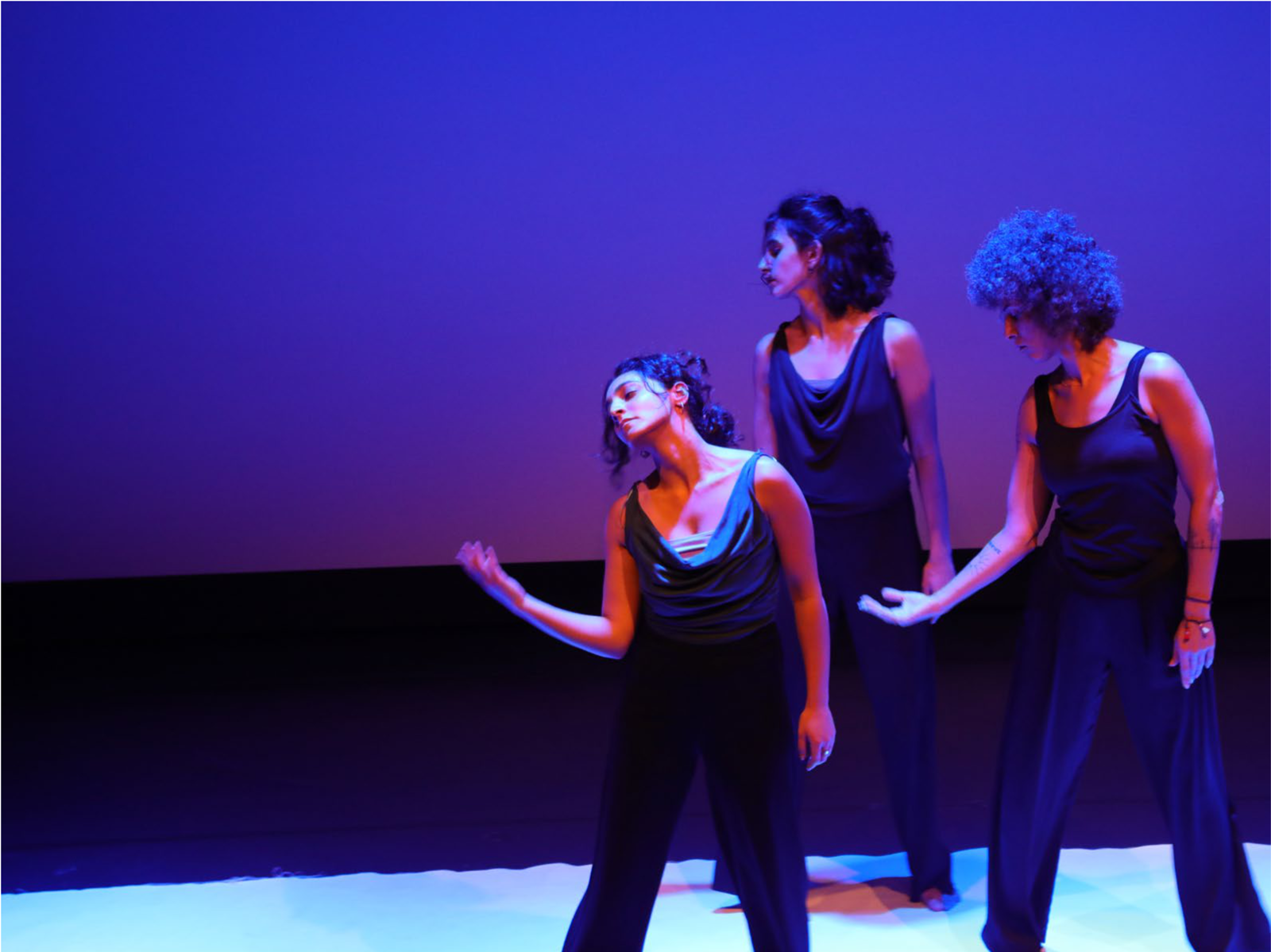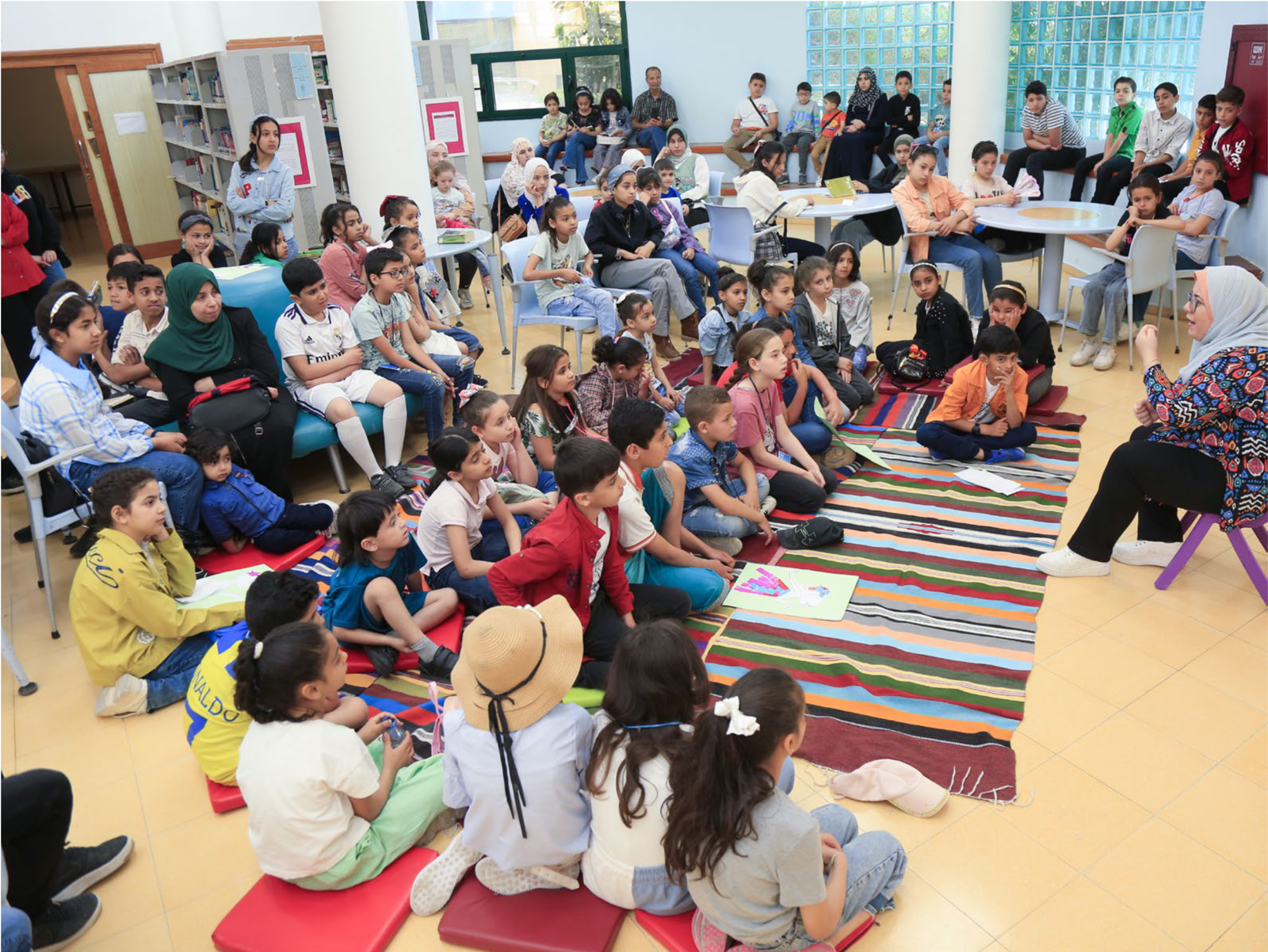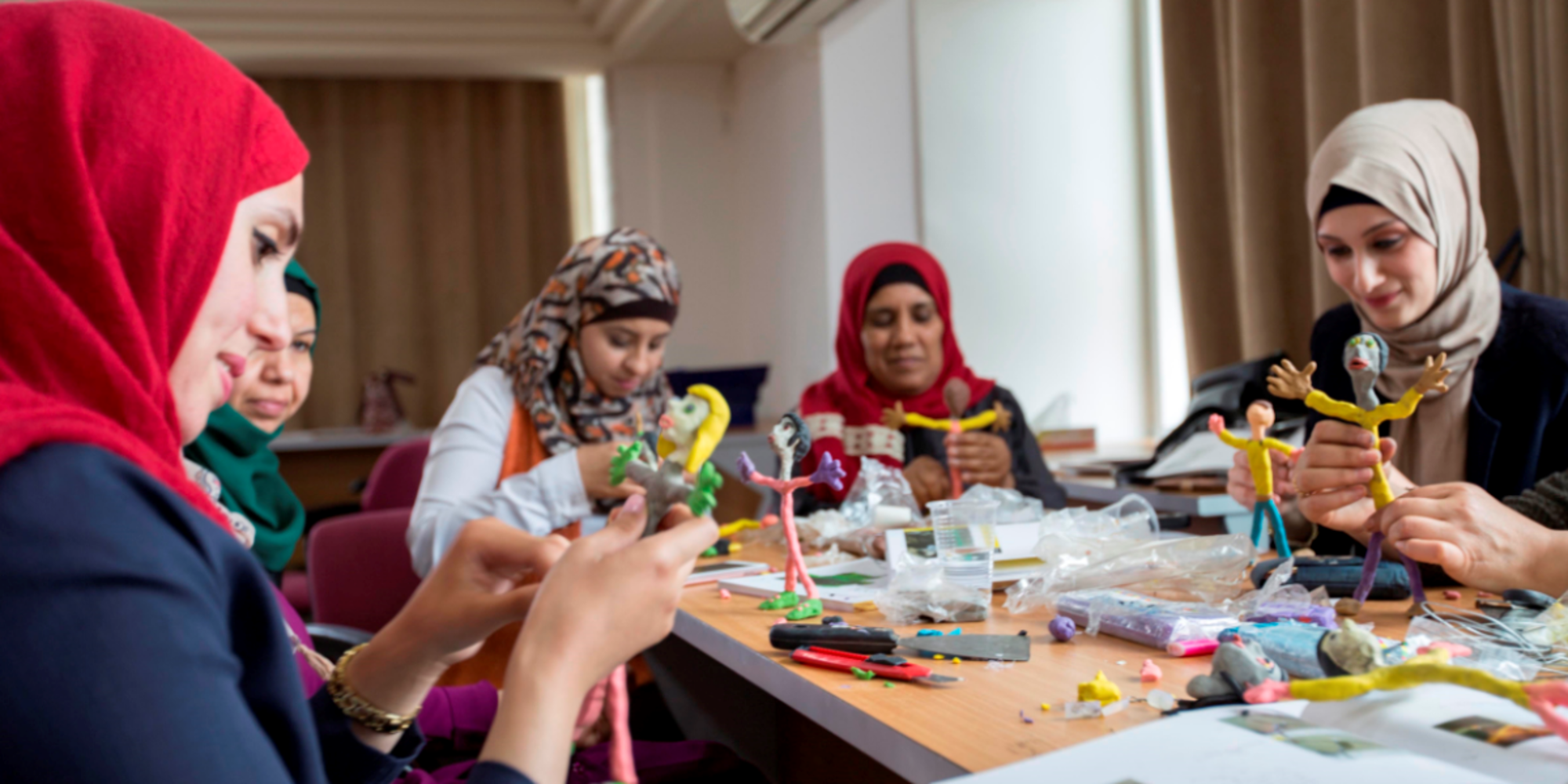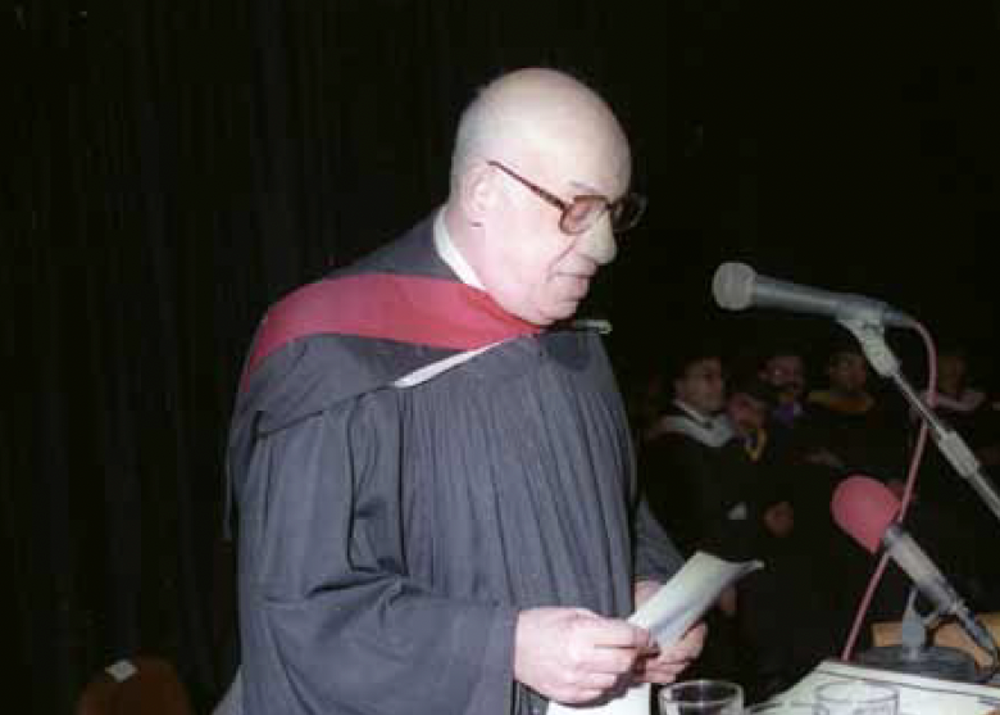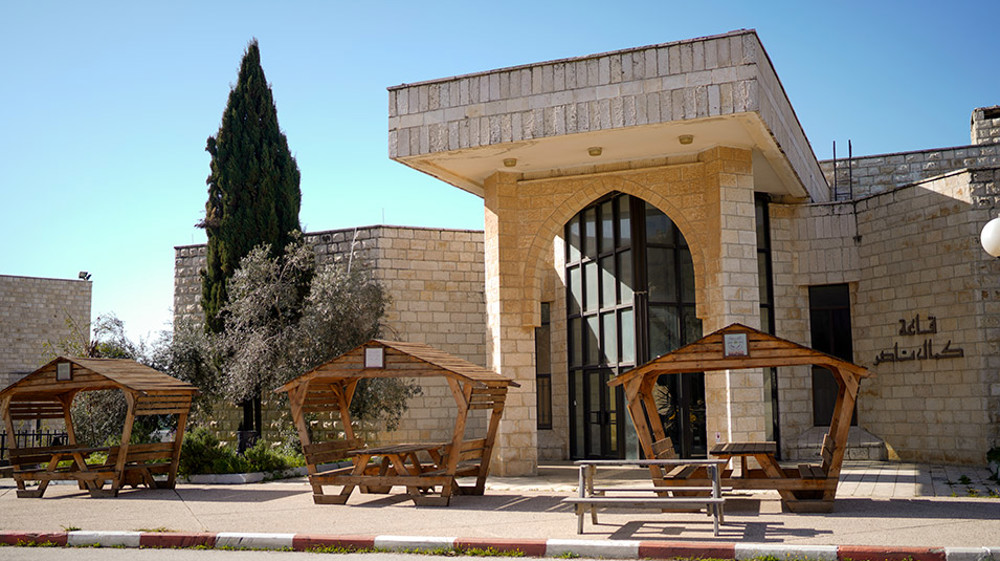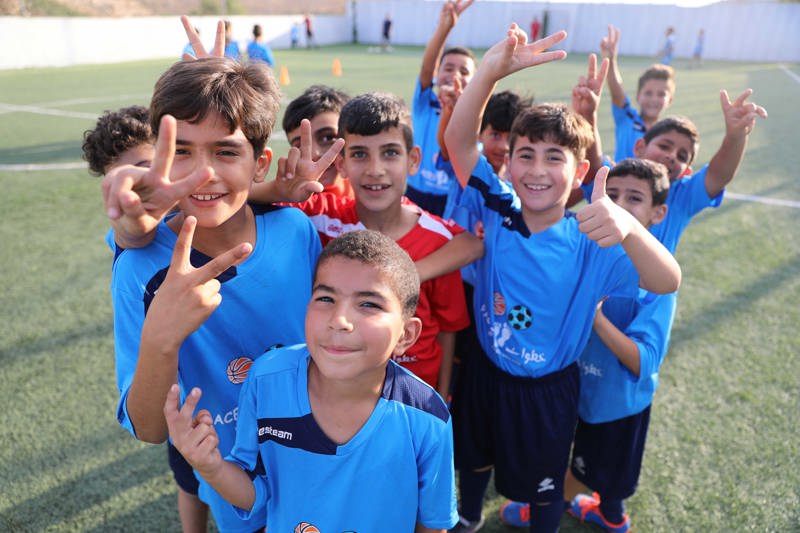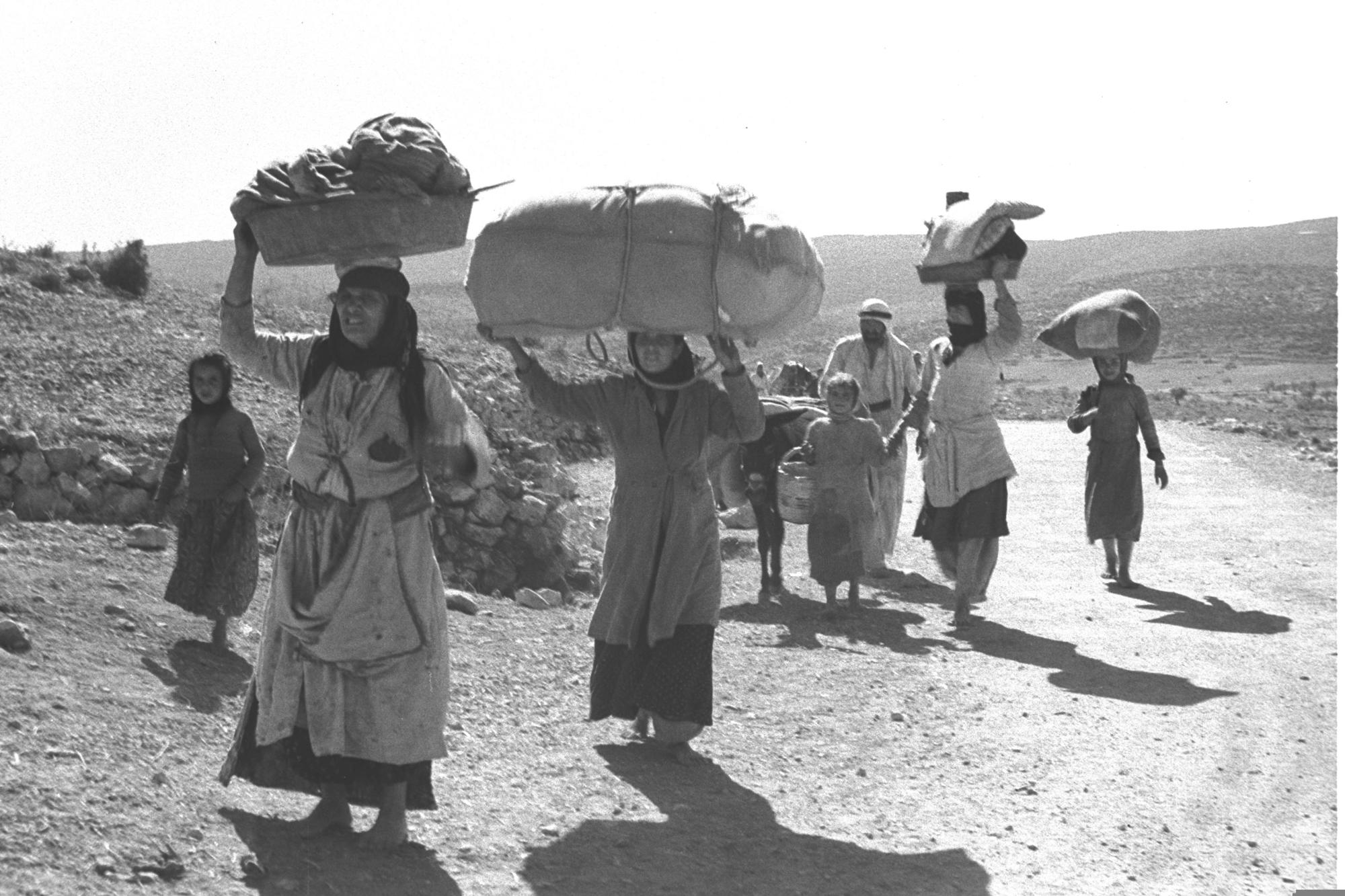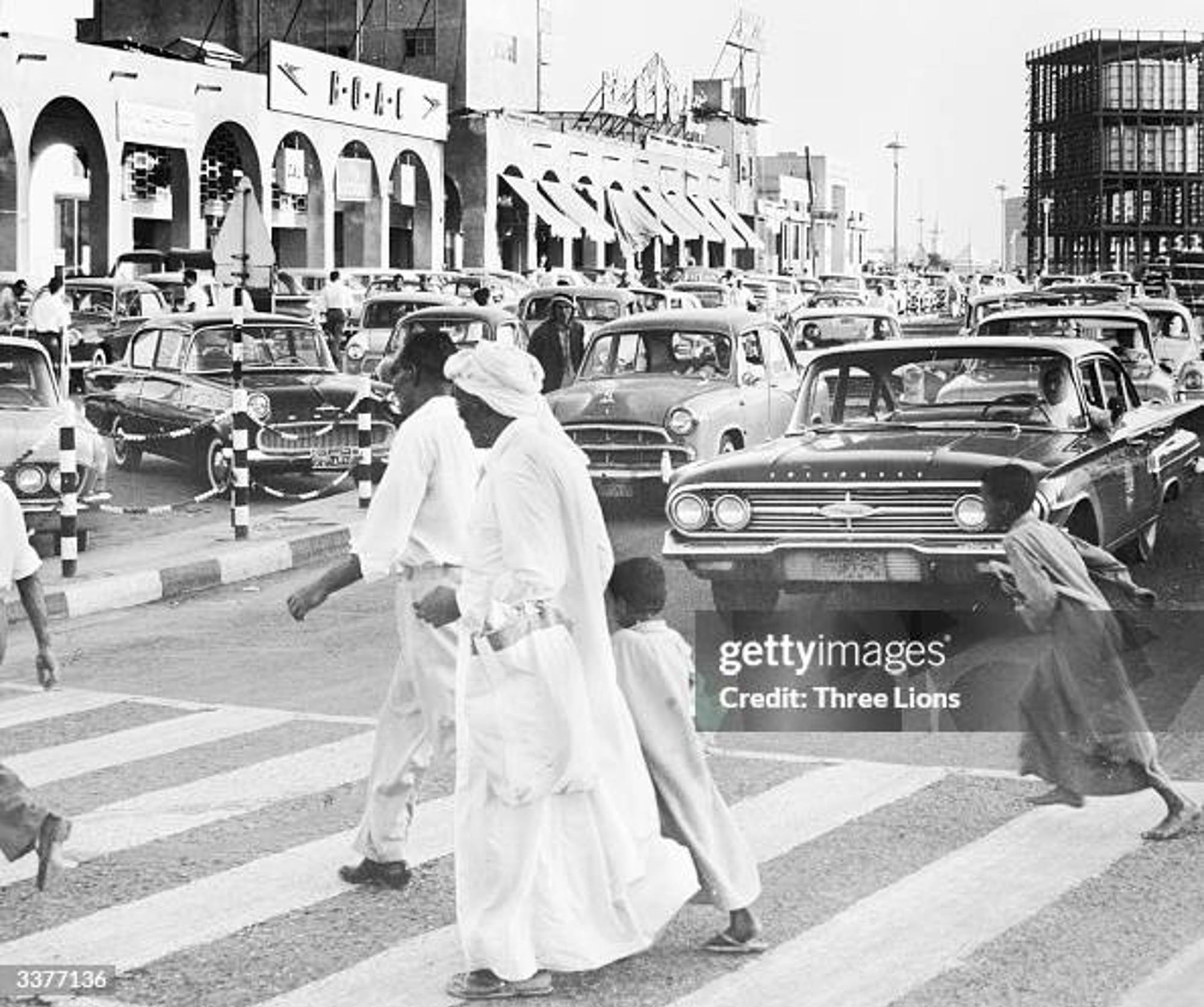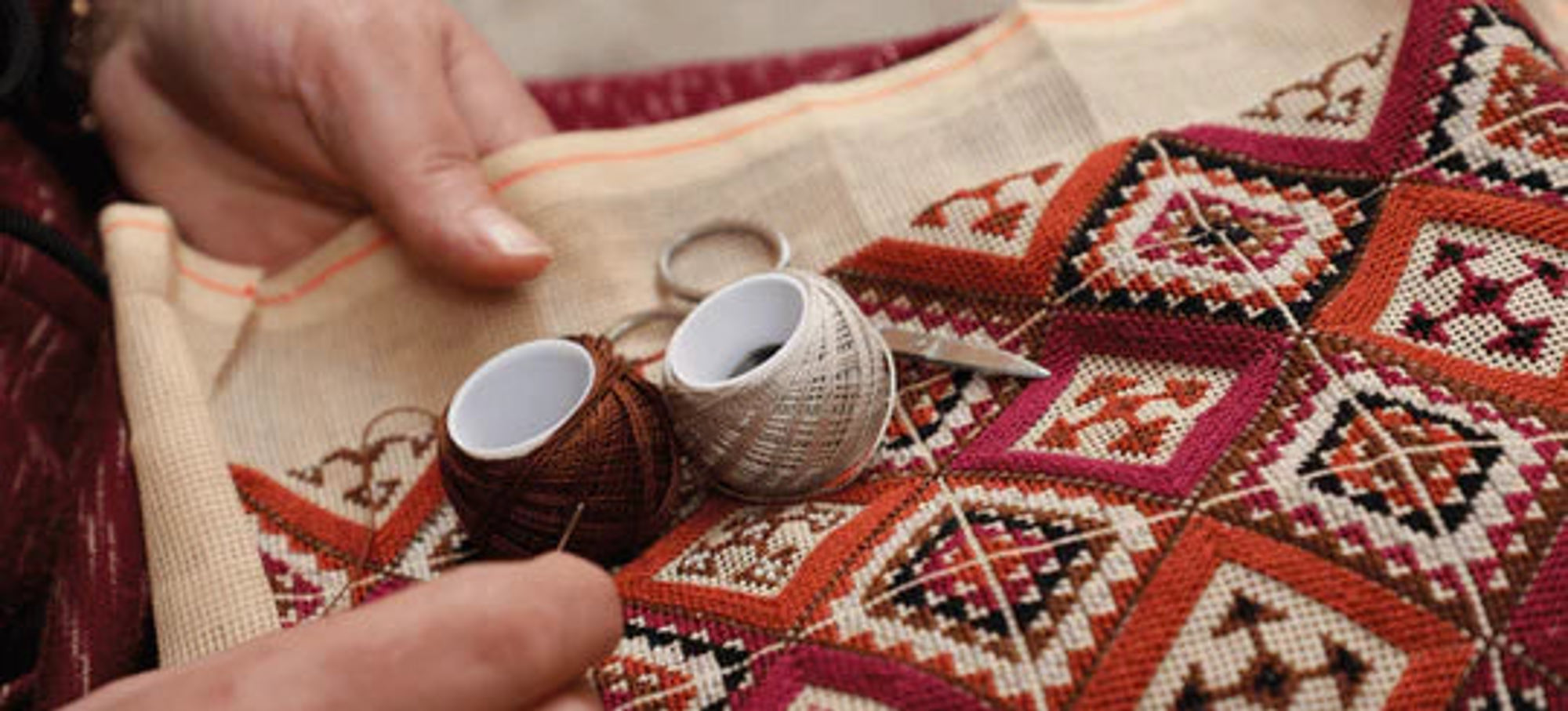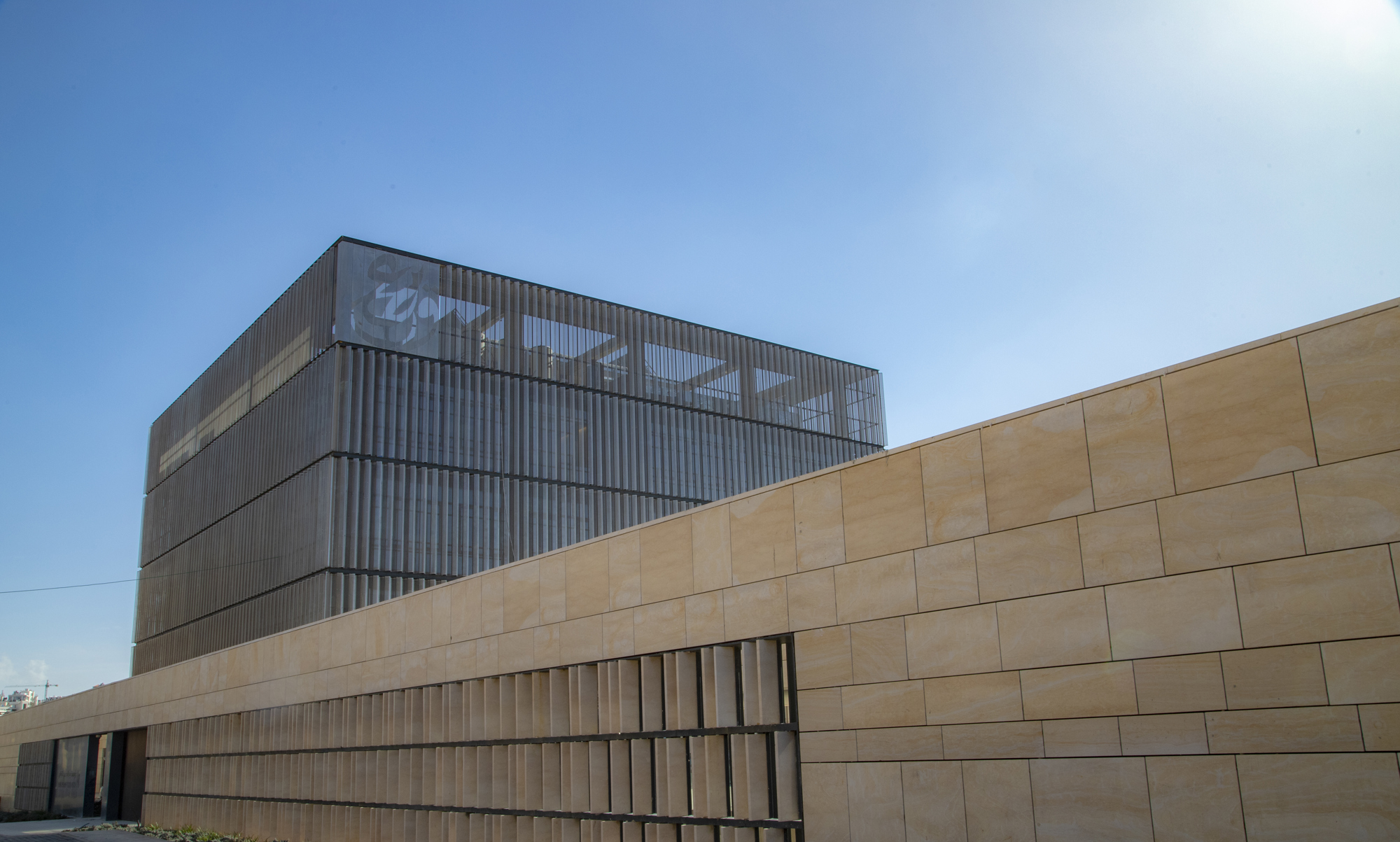When a 16-year-old football-mad Hani Al-Qattan boarded a plane out of Beirut in Summer 1974 destined for boarding school in the UK, he made a promise to himself that whatever happened, one day he would return to the home of his youth to offer sporting opportunities to young Palestinians living in Lebanon.
Three decades later, Hani returned to Beirut to set up PACES, the Palestine Association for Children’s Encouragement of Sports. Registered as a charity in the UK, PACES provides sports programmes for Palestinian girls and boys in marginalised areas of Palestine, Jordan, and Lebanon.
Since its formation in 2006, the NGO has impacted the lives of more than 65,000 young people, working with more than 200 sports clubs and more than 2,000 coaches. A number of its graduates have gone on to play for national teams.
As well as football and basketball coaching, PACES also offers after-school classes, life skills, and capacity building sessions.
“We’re not just teaching them to kick or throw a ball,” explains Hani. “It’s about learning values of team work and commitment, and the importance of healthy living. All our coaches are local so they are connected to the community and we train them also, about not raising their voice, about how to set a good example with their behaviour, to be role models.”
PACES also encourages parents to attend training sessions. “When fathers see their daughters playing football, it is very empowering,” says Hani. “They become more vested in their success.”
Although PACES now receives support from a range of regional and international funders and has partnerships with a span of NGOs, when it began, Hani stipulated a maximum donation of US$5,000. “I wanted everybody to feel they were equal stakeholders in the organisation, that was very important to me.”
Hani says it took a while to convince local donors to back sports development, with so much need elsewhere, but he soon won them over and says to-date he’s collected more than US$65m.
“PACES plays a small part in ensuring that Palestinians are seen by the world through that positive prism of humanity, by reaching out to many Arab and international organizations and individuals who are now part of our partnership,” he notes. “PACES stands tall in the face of all efforts and attempts to de-humanize Palestinians. Our presence, and successes, during very difficult times, speaks volumes about Palestine and its people.”

